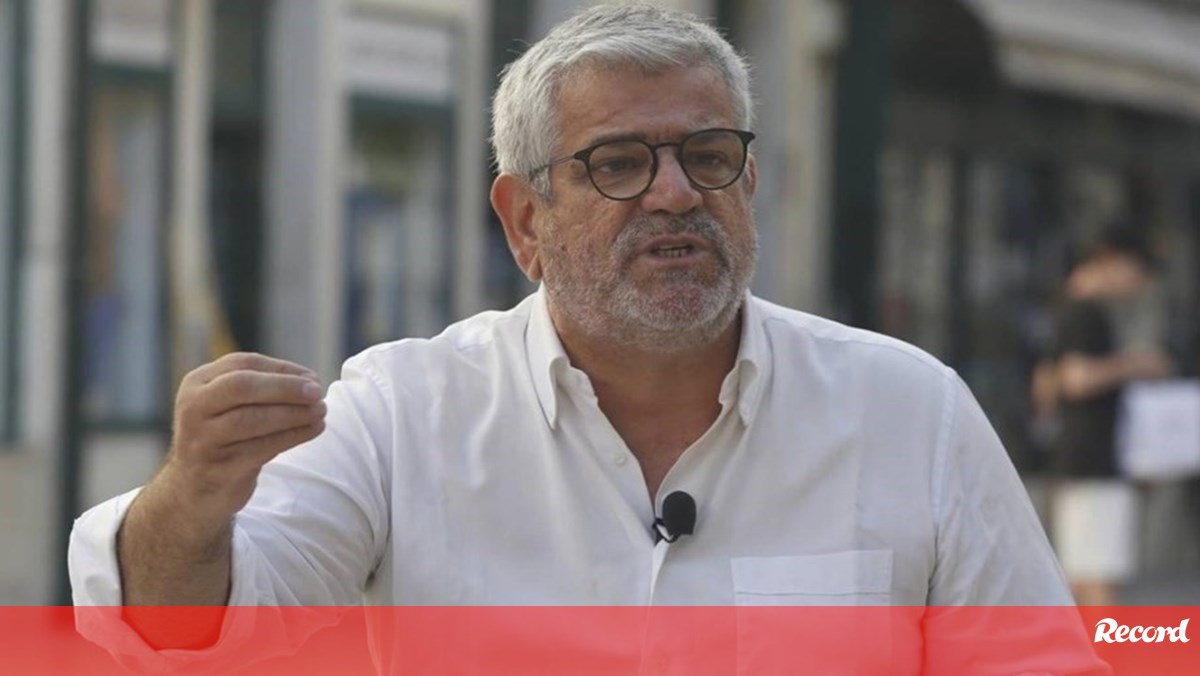Jakarta – The increase in the number of cases of COVID-19 infection on the other hand adds to the spread of information regarding claims on how to recover from the disease. Some time ago, a video circulated of people storming a shopping center to buy a brand milk which is said to be able to cure COVID-19 and help patients recover after testing negative.
In addition, the forwarded message on WhatsApp also informed the benefits of additional vitamin C for curing COVID-19 patients. Vitamin C and milk are said to be able to increase the body’s immune system and prevent viral infections so that we can avoid the COVID-19 outbreak. So, is it true that milk and additional vitamin C can cure and restore COVID-19 patients?
A nutritionist from Universitas Airlangga (Unair) Stefania Widya Setyaningtyas, S.Gz, MPH said milk cannot increase the body’s immune system.
“Our body’s immune system already has a work template, what we can do is optimize the immune system but it cannot be increased,” Stefania explained, as quoted from the Unair page, Thursday (8/7/2021).
He added, meanwhile, vitamin C was proven to reduce the symptoms of influenza. “Vitamin C has the capacity as an antioxidant that can help reduce inflammation by removing the remnants of the body’s immune cells,” says Stefania.
This lecturer at the Department of Nutrition at the Faculty of Public Health, Airlangga University, said that Indonesians need around 75 mg of vitamin C in adult women and 90 mg in adult men. Excess vitamin C will be eliminated by the body.
“Consuming high doses of vitamin C when suffering from an infection can be beneficial. But if it is not in an infectious condition, actually no matter how much vitamin C is consumed, it will not have any impact. Actually the body already has a regulatory mechanism to maintain vitamin C levels in the blood,” he said. .
He explained, vitamin C can be obtained easily from materials available in nature, such as fruits. In addition, vegetables also contain vitamin C for the body. He reminded, the heating process can reduce the amount of vitamin C significantly.
“We can get vitamin C by consuming 1 medium guava or cashew, 1 medium banana, half a papaya slice, and 1 medium mango,” he said.
While milk is one of the food sources of protein, calcium, and vitamin D. He underlined, milk is not the only source that can meet these nutrients.
“When you can not drink milk or milk is not available to meet the nutrients, it can be replaced with other sources. For example, tofu, tempeh, meat, nuts,” he said.
Stefania added, there are various types of milk such as UHT, pasteurized, and sterile. All three have differences in the heating process carried out and their shelf life.
“UHT milk is heated to a very high temperature and fast time. Pasteurized milk is heated to a temperature of approximately 70 degrees Celsius, and sterile milk is heated to a temperature of approximately 100 degrees Celsius. Usually the storage period of sterile milk is longer than others,” he explained.
How about you, it’s clear how the actual benefits of consumption are milk and vitamin C during the COVID-19 pandemic?
Watch Videos”Nutritionist: Bear Brand Milk Same As Regular UHT Milk“
[Gambas:Video 20detik]
(pal/pal)
– .


